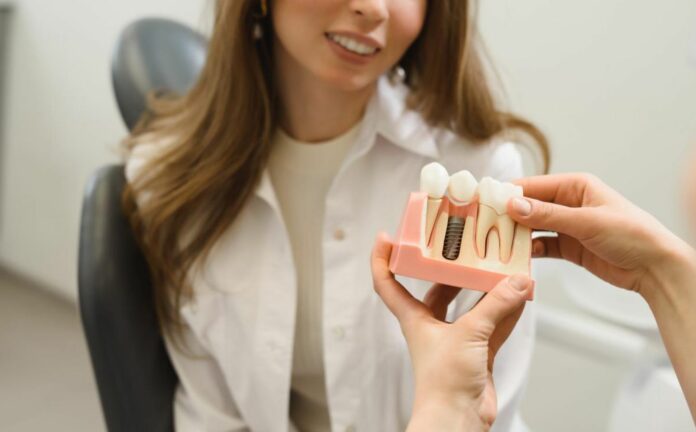By the end of this decade, people may have the first drug to grow new teeth.
Following successful animal trials, a team of Japanese researchers is preparing to commence human trials for a groundbreaking dental regrowth drug. This drug has the potential to revolutionize the treatment of tooth loss, particularly in individuals affected by genetic disorders.
While humans typically lack the ability to regenerate teeth like sharks and alligators, evidence suggests that we possess dormant “buds” for a third set of teeth. Lead researcher Katsu Takahashi, head of the dentistry and oral surgery department at the Medical Research Institute Kitano Hospital in Osaka, Japan, believes that humans can be prompted to develop this third-generation dentition.
“The idea of growing new teeth is every dentist’s dream. I’ve been working on this since I was a graduate student. I was confident I’d be able to make it happen,” expressed Takahashi.
The research began with gene studies on mice. Several researchers worldwide discovered that deleting specific genes in mice resulted in fewer teeth. This observation led others to wonder if the reverse could be true—genetically modifying mice to grow additional teeth.
Remarkably, Takahashi found that mice lacking a particular gene exhibited a higher number of teeth. The researcher and his team focused on a protein known as USAG-1, which appeared to inhibit tooth growth. By blocking this protein through the development of a neutralizing antibody medicine, they successfully induced tooth regrowth in mice born without certain teeth, effectively creating the world’s first tooth-regenerating treatment.
Approximately 1 in 100 individuals suffer from anodontia, a condition characterized by an incomplete set of teeth. Genetic factors, especially in those missing six or more teeth, are believed to play a significant role in this condition. The absence of teeth from birth causes significant discomfort during chewing and speaking, impacting individuals throughout their lives.
While the drug’s effectiveness in mice does not guarantee the same outcome in humans, Takahashi maintains an optimistic outlook.
“We hope to pave the way for the medicine’s clinical use,” he affirms.
Initially, the drug will target individuals with anodontia, but its potential extends to various dental treatments.
Before commencing clinical trials, the team must ensure the drug’s safety and confirm the absence of any adverse side effects in humans. If successful, human trials will be conducted, benefiting millions of patients.
Takahashi and his team have devised a prospective schedule, projecting the conclusion of safety studies by 2025 and efficacy and optimal dosage studies by 2028. If all goes according to plan, larger clinical trials could take place by 2029. By the end of this decade, the first dental regrowth medicine could be on its way, marking a significant milestone in the field of dentistry.
Image Credit:
